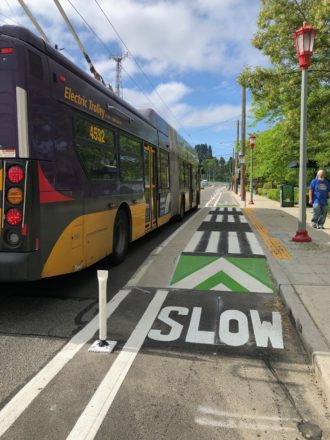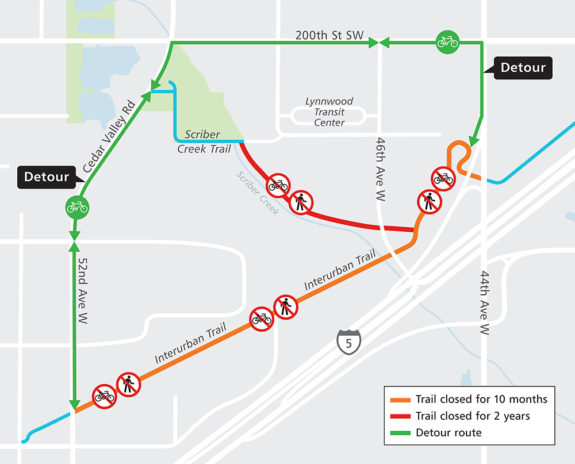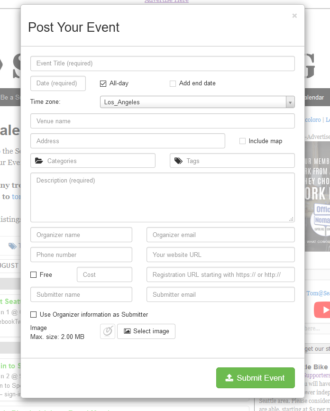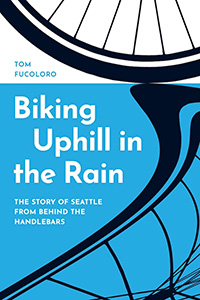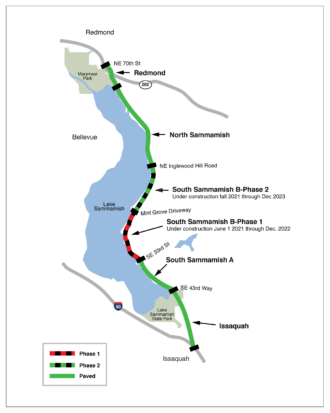 “If the trail is built, say the neighbors, it would violate their property rights and privacy, and would be challenged in court,” wrote the Seattle Daily Times in 1982 in a story about King County’s plan to convert the defunct rail line along the east side of Lake Sammamish into a walking and biking trail.
“If the trail is built, say the neighbors, it would violate their property rights and privacy, and would be challenged in court,” wrote the Seattle Daily Times in 1982 in a story about King County’s plan to convert the defunct rail line along the east side of Lake Sammamish into a walking and biking trail.
The rail line in question is part of the same historic line that had become the Burke-Gilman Trail just a few years prior, which was a huge and immediate success. King County was looking to repeat that success further down the line.
But that threat of legal challenge was very much real, and the owners of the extremely valuable lakefront property had more than enough money to fund as many legal battles as possible to delay or stop the trail. And they did, even taking the case to the doors of the U.S. Supreme Court in 2019. The highest court in the nation declined to hear their appeal, finally ending nearly four decades of legal threats and actions.
Paving the East Lake Sammamish Trail was first put to King County voters as part of a 1982 parks bond measure. Of course, it may not have taken this long had voters actually approved that bond measure, which failed alongside every tax measure on the ballot. It’s hard to imagine a parks measure failing these days, but the early 80s were not a good time for tax measures. (more…)


